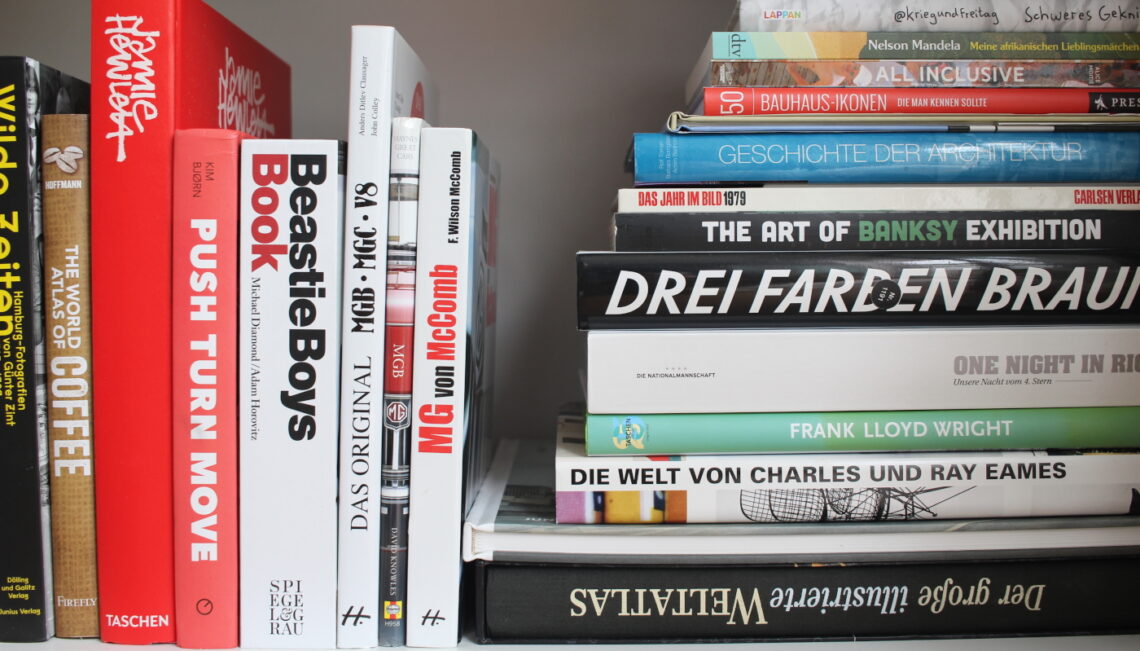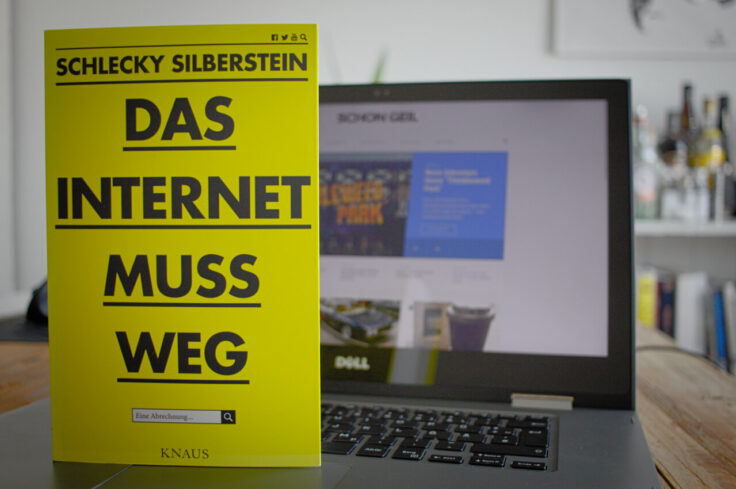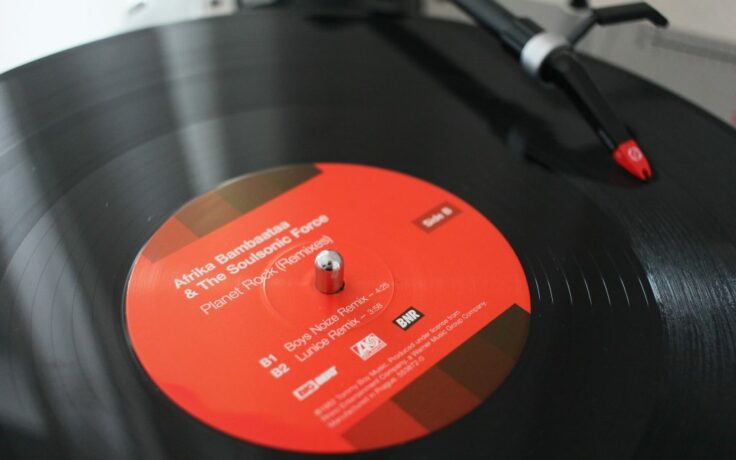Some time ago, the thought of no longer using Amazon the way I did began to haunt me. Practically every day, and practically everything, I ordered from Amazon. And why? Because the company has managed to optimise its processes to meet the needs of the customer, and there really is very little to worry about. Except maybe that Bezos wants to send a giant phallus into space with the money he makes, along with two or three other things.
I started with what I hold in my hand almost every day, my Kindle. Again, Amazon does a few things right that others can’t or don’t do as well. Apart from DRM, not much really bothered me about Amazon’s books until then, and you hardly have to worry about DRM if you stay in the Kindle world. I’ll come back to that another time.
Now I wanted as much contrast as possible. Instead of funding a space phallus, I wanted to put the money I was spending on books to better use. And, surprisingly, the selection of alternative bookshops that spend part of their turnover on charitable work is not so small.
Most often, buch7 is mentioned as a fair alternative to Amazon. buch7 advertises that it uses 75% of its profits to support social, cultural and environmental projects. However, there are two points about buch7 that do not sit well with me. I mainly read e-books and their product range in this segment is manageable. And the statement “75% of our profits …” is considered non-transparent by the German Central Institute for Social Issues. Depending on how you calculate your company’s profit, this could simply be nothing.
Fairbuch.de, for example, does it better, donating 2% of the purchase value to Kindernothilfe.
fairbuch.de uses the white-label solution from Libri. This means that the online shop and the logistics behind it come from Libri, and fairbuch.de paints it up and does the marketing. As a customer, this gives me a comprehensive range of e-books, the option of using the Tolino with these e-books and, of course, the physical book portfolio.
By the way, ecobookstore.de does the same thing, which is another often-mentioned alternative, and since they are in the same ecosystem, you can buy from both with one account. This means that sometimes I support the rainforest and sometimes I support Kindernothilfe.
But what about local bookshops? Some of you may be wondering. As I wrote at the beginning, for me it’s all about having a good digital connection, depending on how I use it. The discussion about whether printed books or e-book readers are better is absurd. There’s no one way to use a medium, it’s all about the content.
But since there are still enough cookery books and photography books, like the very good Hamburg Cityscapes by Milan Horacek, I still see the local bookshop from time to time, except for Thalia!
—
Also interesting (German articles about Amazon as a book distributor):
Seitenflügel – Was man als Verlag so alles mit dem Buchhandel erlebt
Amazon, warum ich dort keine Bücher kaufe







Leave a Reply